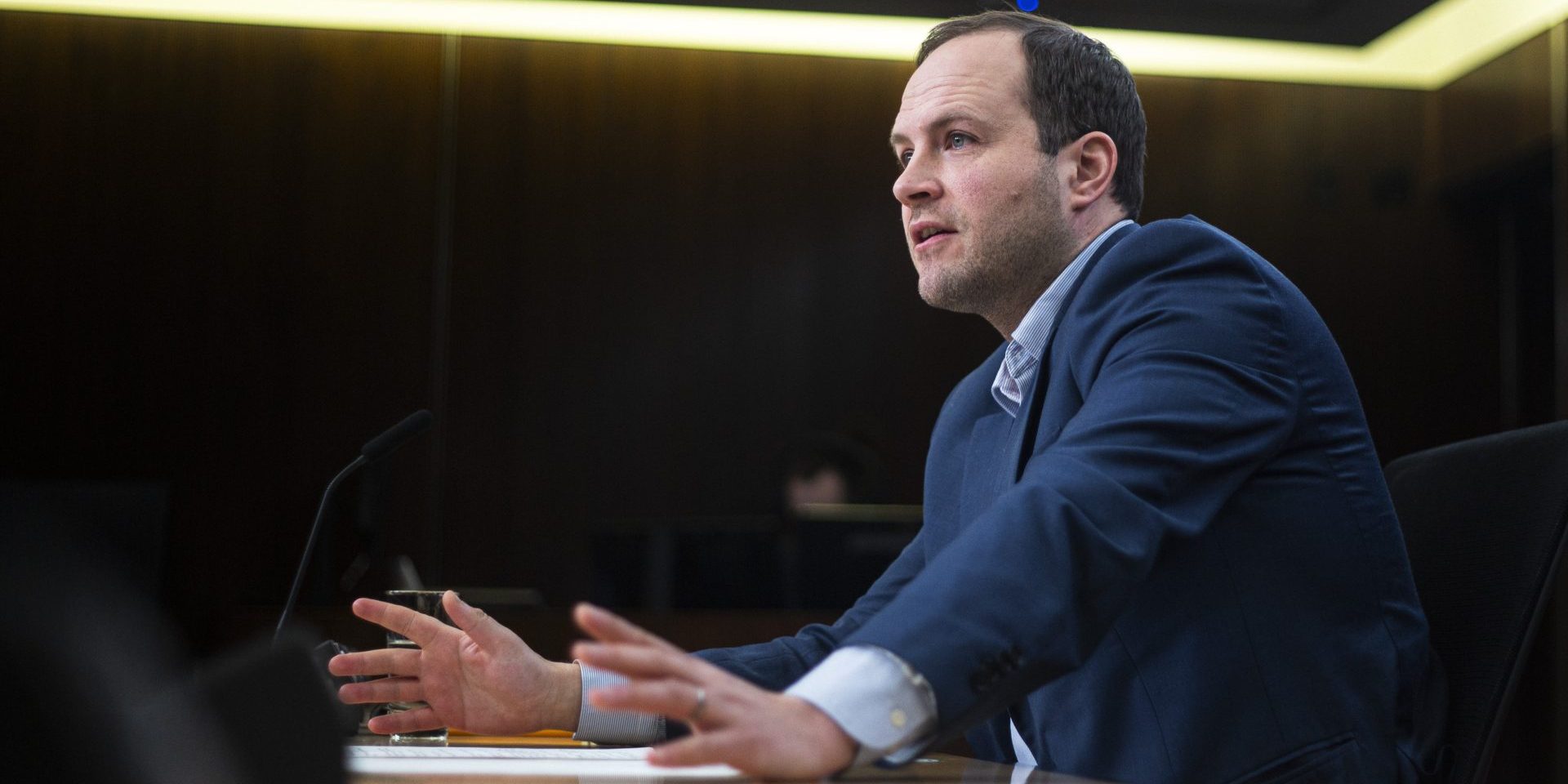‘Elbows up’ shouldn’t mean Parliaments hands are tied

There are many people who are quite pleased with the speed at which Prime Minister Mark Carney’s version of Liberal government is moving.
As someone who is familiar with both the federal bureaucracy and the private sector, Carney isn’t naive to the culture differences between the two spheres. Instead, he’s deliberately pushing to remove the multiple layers of mediation, consideration, and duplication that often slow government work in the bid to set up a new process to approve “national interest” projects.
There’s something to be said for accelerating the speed of government. It’s notoriously slow, often to the detriment of the most vulnerable people who are left waiting for years—if not decades—for progress on key initiatives.
Ironically, it’s also many of those same vulnerable or marginalized communities who will bear the brunt of expediting government processes.
And it’s one thing to speed up the pace of bureaucracy, but running roughshod over the role of Parliament to get there is a bad start.
The majority of parliamentarians have agreed to let the Liberals move legislation at a break-neck pace in these past couple of weeks before the summer recess.
Co-operation and collaboration are always welcome in Parliament, which so quickly devolves into an ego-driven bottleneck. But that spirit of working together should be used for enhancing, not ignoring, legislation.
Carney has repeatedly referenced the “mandate” he received from the Canadian people in the recent election to do what needs to be done to counter the threats coming from south of the 49th parallel.
But that mandate resulted in a minority Parliament, which means there should be adequate checks and balances. “Elbows up” doesn’t have to also mean “hands thrown up in resignation.”
That’s not to say there isn’t pushback. Liberal MP Nate Erskine-Smith recently called out his own party during debate on Bill C-5, the One Canadian Economy Act.
“Against the economic threat posed by [U.S.] President [Donald] Trump, Canadian politicians have rightly renewed calls to build up our country. I am one of them. It is a nation-building moment. A strong and resilient domestic economy is a priority,” he said on June 16. “However, under the guise of responding to the threat posed by Trump, we are sacrificing other important values. We are not thinking about unintended consequences, and we are actively undermining our parliamentary democracy.”
Erskine-Smith contrasted the federal legislation with a similar Ontario government Bill 5, saying that, as the province did, “the federal government is proposing to shut down democratic debate, curtail committee scrutiny, and jam the bill through the legislature. It would all actually make [former prime minister Stephen] Harper blush. Liberals would rightly scream if a federal Conservative government attempted the same.”
If the Liberals won’t listen to opposition voices or those of Indigenous leaders who’ve repeatedly raised the alarm about these moves, it’s probably too much to expect they’ll answer a call from inside the house. But they should.
The Hill Times





 LICENSING
LICENSING PODCAST
PODCAST ALERTS
ALERTS


